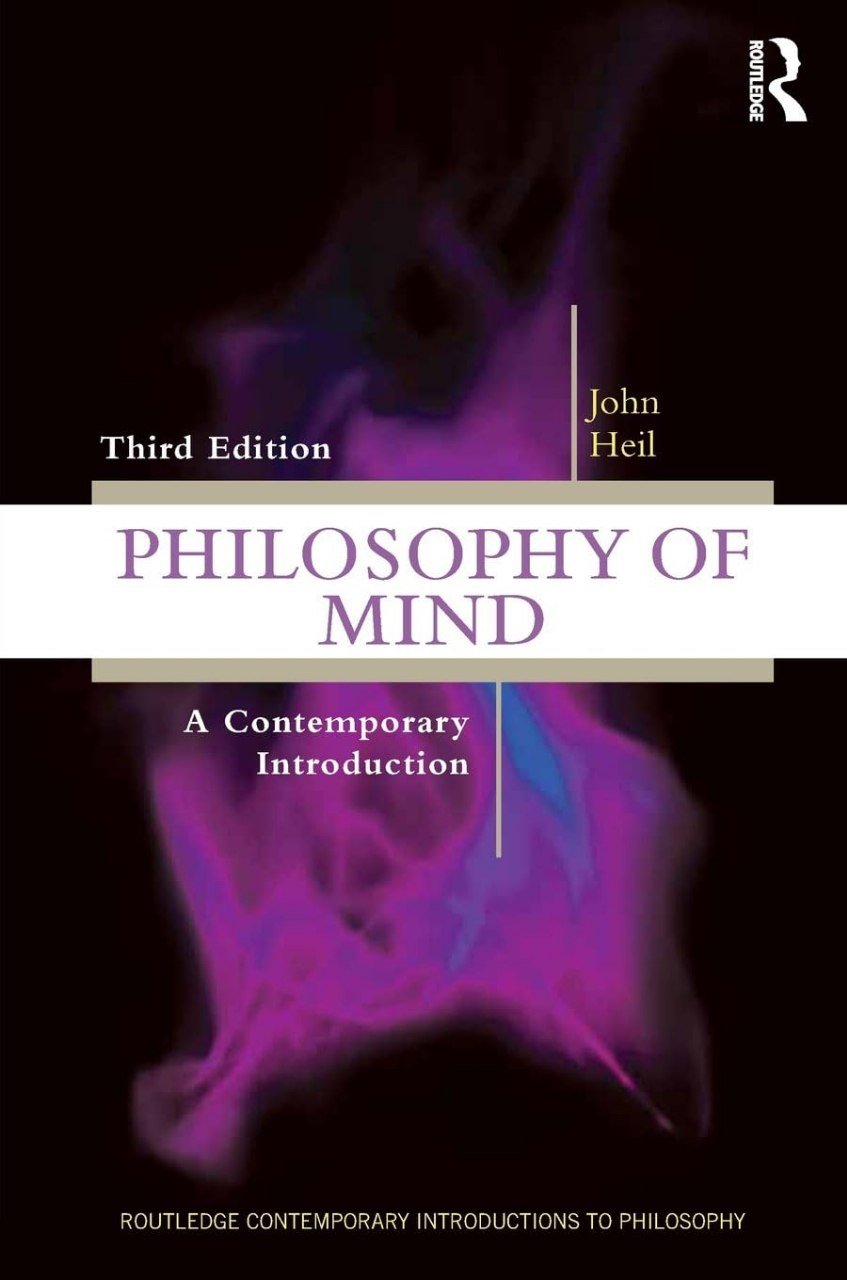

Empiricism and Sociology By Otto Neurath
Reviews
No review yet. Be the first to review this book!
Description
Empiricism and Sociology By Otto Neurath Empiricism and Sociology is a seminal collection of writings by Otto Neurath, one of the most influential figures in the Vienna Circle and a pioneer in the philosophy of science, sociology, and the development of logical empiricism. This volume brings together Neurath's key essays that illustrate his commitment to a scientifically informed and socially engaged empiricism, reflecting his belief in the unity of science and the need for a cooperative, interdisciplinary approach to knowledge. In these essays, Neurath advances his vision of the scientific worldview, which emphasizes the rejection of metaphysics and the promotion of empirically grounded knowledge. He argues for a comprehensive, unified science where different fields—from the natural sciences to the social sciences—are interconnected through a common language and methodology. His proposal for a "universal language" of science anticipates modern discussions on formal systems and intersubjective verification. At the heart of Neurath’s work is his physicalist conception of language, which he believed was essential for achieving clarity and objectivity in science. He was deeply concerned with the role of language in shaping our understanding of the world and in ensuring that scientific statements could be empirically tested and commonly understood. His advocacy for protocol statements—empirical reports that could serve as the foundation of knowledge—reflects his effort to ground scientific discourse in observable reality. Beyond philosophy and epistemology, Neurath was passionately interested in the social implications of science. He believed that scientific knowledge should serve social progress and democratic ideals. His work on the social sciences and sociology emphasizes the importance of empirical data in informing social policy, economic planning, and education. Neurath's ideas on the socialization of knowledge and his contributions to social economics demonstrate his commitment to using scientific methods to address social and political issues. One of Neurath's most enduring legacies, also explored in this collection, is his development of ISOTYPE (International System of Typographic Picture Education), a visual language aimed at making complex information accessible to the general public. This work reflects his democratic ethos and his belief that knowledge should be comprehensible and useful for all. Empiricism and Sociology is not just a historical document; it continues to be relevant for contemporary debates in philosophy of science, sociology, and epistemology. Neurath’s interdisciplinary approach, his focus on the practical application of knowledge, and his visionary ideas about communication and education remain influential in modern scholarship. This collection offers a comprehensive view of Neurath’s thought, making it an indispensable resource for anyone interested in the philosophy of science, sociology, and the intellectual history of the 20th century.




















.jpg)






.png)

.jpeg)






.jpeg)





.jpeg)






.jpeg)
.jpg)



.jpg)

.jpg)
.jpg)



.jpg)





.jpeg)








.jpg)





.jpg)























































